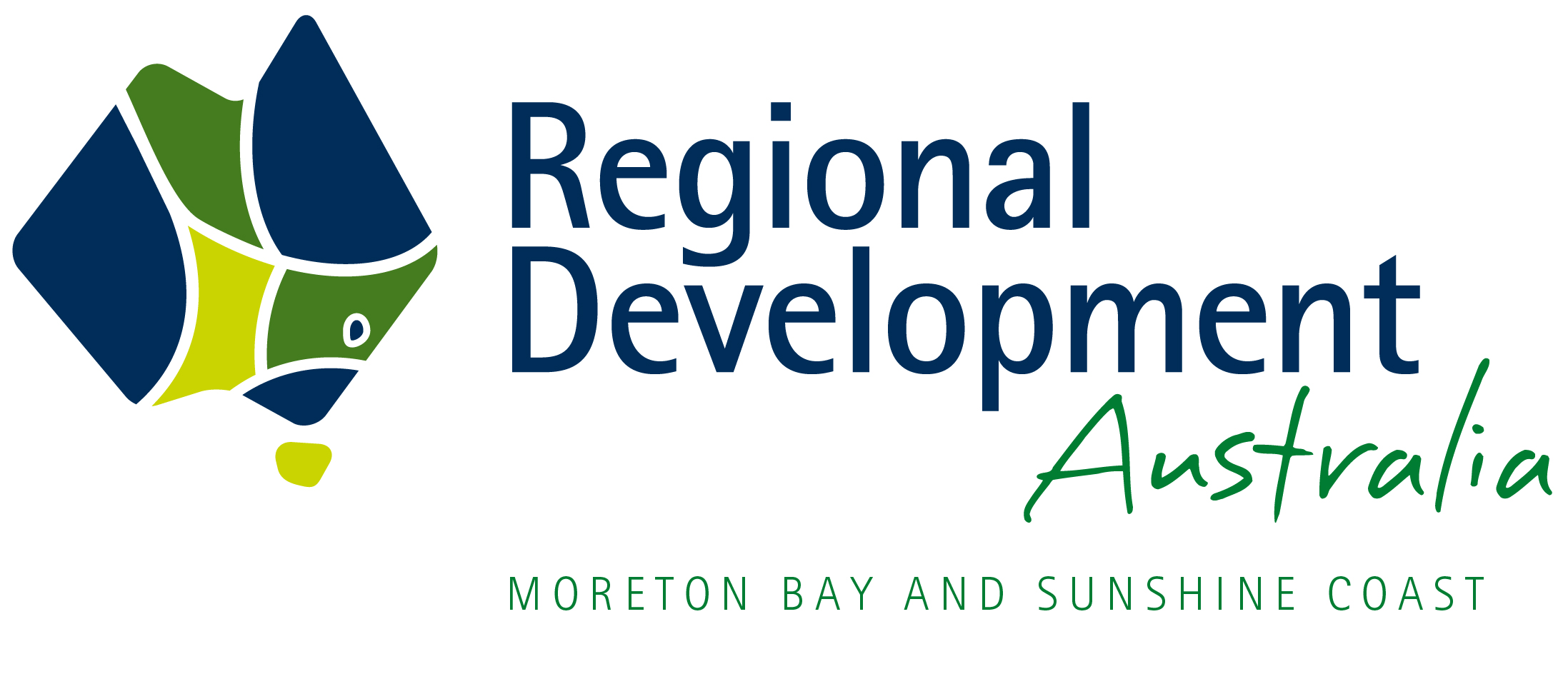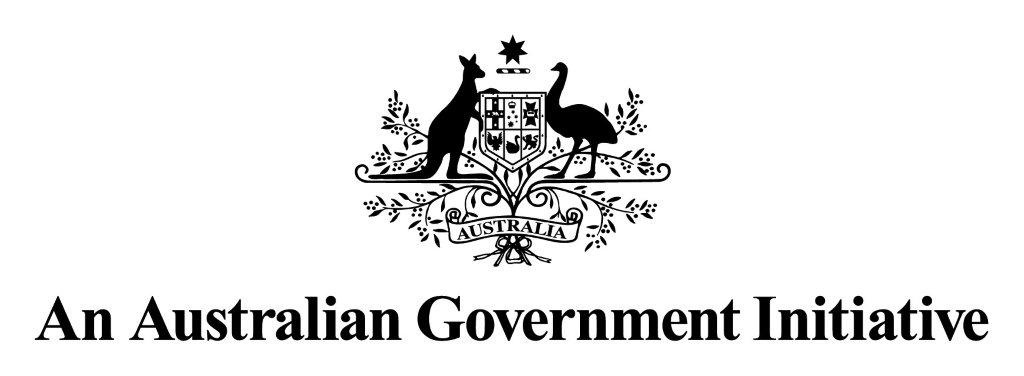The digital city of the future is here now and it’s in South Korea. In the Smart City, there is no need to physically leave home to go to work as telework will be a standard practice. RDA Sunshine Coast CEO Russell Mason shares his insights about how we can learn from the Smart City model following his visit to the Incheon Free Economic Zone (IFEZ) in July:
A network of 49 ubiquitous cities (U-City), also known as smart cities, have been underway in South Korea since 2007, featuring cutting-edge information technology applied to basic amenities to provide seamless connectivity, queue-free and barrier-free interaction.

The U-City is a holistic ecosystem, connected digitally with centrally managed city functions including: crime and disaster prevention and management, transport, water and sewerage systems, and tourism.
South Korea’s goals for U-City development are to:
- expand the program
- export the Smart City concept to other countries around the world
- be the world leader in master-planned digitally connected cities
The U-City model underpins the IFEZ development; a specially designed city creating diverse infrastructures to support business, logistics, high-tech industry, bio-medical, education, culture, tourism and leisure activities.
Located on Korea’s north-west coast, IFEZ is about 42km from the capital Seoul and incorporates three districts currently being developed:
- Songdo – an international information-oriented town including IT, biotechnology, research and development hub, and the centre of global business
- Yeongjong – an environmentally friendly complex airport, centre of the tourism and leisure industry
- Cheongna – global finance, leisure and sports area.
This self-sufficient city is being developed over a 117 sq km site (more than half on reclaimed land) with 32% of space dedicated to parklands and waterfront features. Its Green City strategy includes underground garbage processing systems and water recycling system.
IFEZ’s current population of 170,000 is projected to increase to 640,000 by 2020. It has the ambitious aim of being ranked 10th in the world in city competitiveness by 2020 (from 221th place in 2011).

Infrastructure costs have been mostly met by private sector companies who were invited to be involved in the IFEZ ecosystem, based around four developing clusters:
- medical and bio with leading innovative technologies (hospital services, research and development)
- education and research, with international and domestic universities, research institutes.
- high-tech – knowledge-based industry focused on IT and electronics
- culture and tourism – hotels, casino resort, leisure sports, theme park, cultural facilities.
Examples of investors include:
- Education: Korea Central Government and Incheon City (1.07 billion USD), Incheon City and Yonsei University (650 million USD), Gale International USA (170 million USD)
- Tourism and culture: Universal Entertainment Corporation (4 billion USD)
- Bio-medical: Temasek Holdings Singapore (550 million USD), Crucell Netherlands (195 million USD), Incheon Songdo Hospital (600 million USD)
- High tech: Boeing USA (150 million USD), IBM USA (30 million USD), Hella Electronics Germany (220 million USD).
The South Koreans are exporting this Smart City ‘intelligence’ to other countries, providing a real opportunity to learn from their sustainable urban development models. Their development know-how is transferable to our own cities, and can provide the support to help our new urban developments.


